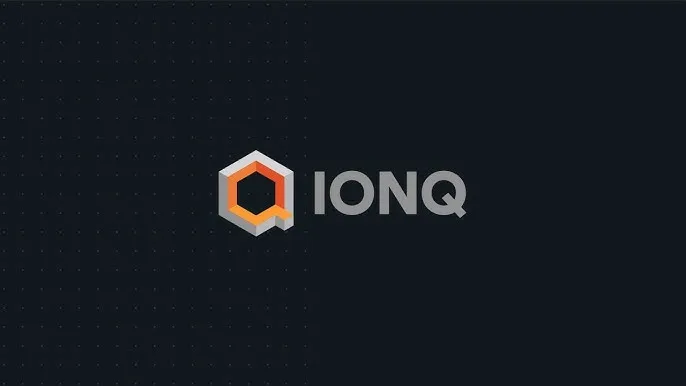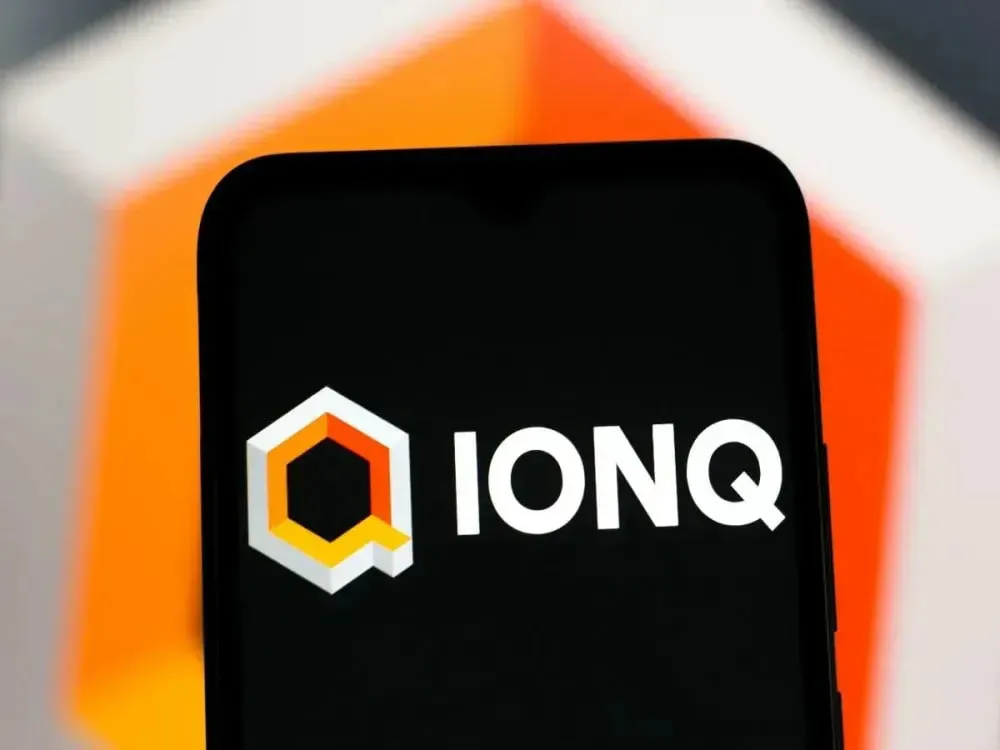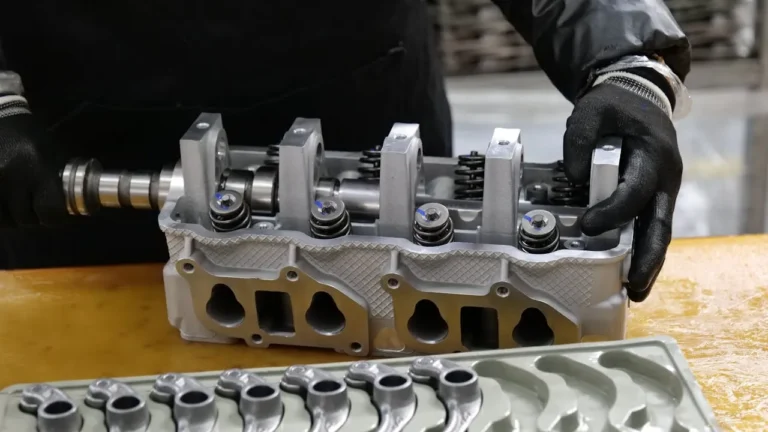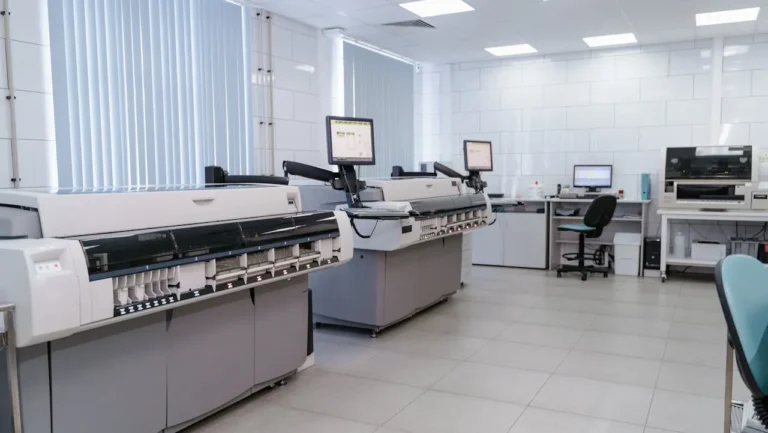
IonQ to Acquire Oxford Ionics for $1.075 Billion, Setting the Stage for Next-Generation Quantum Computing at Scale
IonQ (NYSE: IONQ), a recognized pioneer in quantum computing and networking, has announced its agreement to acquire Oxford Ionics in a landmark deal valued at approximately $1.075 billion. The acquisition, composed of roughly $1.065 billion in IonQ common stock and around $10 million in cash, aims to fuse two of the most advanced quantum technology platforms in the world. This strategic transaction will not only solidify IonQ’s leadership in the quantum computing space but is expected to dramatically accelerate the global race toward fault-tolerant quantum computers with millions of qubits.
A Strategic Merger of Technological Strengths
IonQ’s approach to quantum computing centers on trapped ion technology, which has demonstrated a strong track record in producing highly accurate and reliable quantum gates. Oxford Ionics, based in the UK, brings to the table its record-setting fidelity performance—a measure of the accuracy of quantum operations—and its semiconductor-compatible ion-trap chips. These chips can be manufactured in standard fabrication facilities, bridging the gap between cutting-edge quantum research and scalable, real-world production.
The integration of Oxford Ionics’ semiconductor ion-trap technology into IonQ’s full-stack quantum computing platform is expected to yield several key benefits. These include:
- Accelerated miniaturization and scalability of quantum systems.
- Dramatic improvements in system reliability and fidelity.
- Expansion of global deployment capabilities.
- Access to complementary talent and expertise in both hardware and software.
A Roadmap to 2 Million Qubits by 2030
The combined company is setting aggressive milestones. By 2026, it expects to deploy systems featuring 256 physical qubits with 99.99% fidelity, a threshold that marks a significant step toward useful quantum computing. By 2027, it aims to scale up to 10,000+ physical qubits with logical accuracies—error-corrected, usable qubits—reaching 99.99999%. Looking even further ahead, IonQ and Oxford Ionics project to hit an astounding 2 million physical qubits with logical fidelities approaching 99.9999999999% by 2030.
These milestones would place the merged company at the leading edge of quantum development, potentially decades ahead of competitors. This trajectory not only promises a quantum leap in performance but also unlocks a host of enterprise-grade applications across industries—from pharmaceuticals and logistics to finance, manufacturing, and defense.
Economic Potential and Market Relevance
According to Boston Consulting Group, the quantum computing sector could unlock up to $850 billion in global economic value by 2040. With IonQ’s ongoing efforts in the U.S. and Oxford Ionics’ footprint in the U.K., the combined entity is poised to play a central role in capturing a significant portion of this value.

By merging, the two firms seek to develop disruptive quantum applications capable of solving previously intractable problems in optimization, machine learning, molecular modeling, and secure communications. With governments, corporations, and research institutions all vying for early quantum advantage, the newly formed powerhouse aims to set new industry standards.
Retention of Key Talent and Global Expansion Plans
Oxford Ionics’ highly regarded leadership and technical teams will remain integral to the company post-acquisition. Dr. Chris Ballance and Dr. Tom Harty, co-founders of Oxford Ionics, are expected to take on key roles in IonQ’s future roadmap, continuing their work in quantum hardware innovation while furthering quantum R&D within the UK.
IonQ also announced its intent to expand operations in Oxford, tapping into the UK’s robust quantum research ecosystem and talent pipeline. The expansion will support the UK government’s National Quantum Computing Centre and align with the country’s Quantum Missions program, spearheaded by the Department for Science, Innovation and Technology in collaboration with Innovate UK. This effort underscores the company’s commitment to maintaining strong transatlantic collaborations.
Additionally, IonQ reaffirmed that all existing customer and governmental relationships in both the U.S. and UK will continue seamlessly. This includes active partnerships in national security, scientific research, and next-gen commercial development.
Executive Perspectives
Niccolo de Masi, CEO of IonQ, framed the deal as a transformative leap toward IonQ’s long-term vision.
IonQ’s vision has always been to drive real-world impact in every era and year of quantum computing’s growth,” said de Masi. “Today’s announcement of our intention to acquire Oxford Ionics accelerates our mission to full fault-tolerant quantum computers with 2 million physical qubits and 80,000 logical qubits by 2030.”
De Masi emphasized the synergies in talent, technology, and long-term strategy, calling Oxford Ionics’ ion-trap-on-a-chip design a critical enabler of commercial scalability.
Their groundbreaking technology will accelerate IonQ’s commercial quantum computer miniaturization and global delivery,” he added. “Our combined path to millions of qubits will help ensure unit economics, scale, and power as quantum computing rapidly evolves.”
Dr. Chris Ballance, CEO and co-founder of Oxford Ionics, echoed the excitement about joining forces with IonQ:
We’re tremendously excited to work alongside the world-class quantum computing and networking teams at IonQ,” said Ballance. “At Oxford Ionics, we have not only pioneered the most accurate quantum platform on the market—we have also engineered a quantum chip capable of being manufactured in standard semiconductor fabs.”
He emphasized that this merger is not just a commercial transaction—it’s a strategic alignment aimed at delivering value at global scale, with implications across Europe and the rest of the world.
Transaction Details
The deal’s structure includes between 21.1 million and 35.2 million shares of IonQ common stock, representing roughly 7.02% to 11.46% of IonQ’s outstanding shares post-issuance. This range accounts for dilution from the pending acquisition of Capella, another recent move by IonQ to consolidate quantum technology assets.
The final share count will be calculated based on the volume-weighted average price (VWAP) of IonQ’s stock during the 20 trading days prior to the closing. However, the share price used for calculation will be bounded within a floor of $30.22 per share and a ceiling of $50.37 per share, ensuring financial predictability.
The deal remains subject to customary closing conditions, including necessary regulatory approvals in the U.S. and UK, and is expected to close in 2025.
Momentum Behind IonQ’s Quantum Vision
The Oxford Ionics acquisition marks the third major strategic acquisition by IonQ within a short span. It follows the recently completed acquisition of Lightsynq, a firm specializing in optical quantum networking technologies, and the pending purchase of Capella, a startup focusing on error correction and photonic interconnects.
These moves collectively reflect IonQ’s determination to build a full-stack, fault-tolerant quantum computing ecosystem, covering everything from photonic networking and error correction to hardware miniaturization and scalable deployment.
Upcoming Webinar on IonQ’s Vision
- IonQ Legal Counsel: Paul, Weiss, Rifkind, Wharton & Garrison LLP
- Oxford Ionics Legal Counsel: Hogan Lovells
- Financial Advisor to Oxford Ionics: Morgan Stanley & Co. LLC
The IonQ–Oxford Ionics acquisition represents more than a strategic business deal—it’s a major step toward realizing the dream of scalable, fault-tolerant quantum computing. By integrating Oxford’s cutting-edge, chip-compatible ion-trap technology with already formidable quantum stack, the combined company is poised to unlock massive commercial and scientific opportunities. With aggressive performance milestones set through 2030 and continued collaboration with global partners, this acquisition may prove to be one of the defining moves in the evolution of the quantum computing era.
About IonQ
IonQ is a leader in the quantum computing and networking industries, delivering high-performance systems aimed at solving the world’s largest and most complex commercial and research use cases. IonQ’s current generation quantum computers, IonQ Forte and IonQ Forte Enterprise, are the latest in a line of cutting-edge systems, boasting 36 algorithmic qubits. The company’s innovative technology and rapid growth were recognized in Newsweek’s 2025 Excellence Index 1000, Forbes’ 2025 Most Successful Mid-Cap Companies list, and Built In’s 2025 100 Best Midsize Places to Work in Washington DC and Seattle, respectively. Available through all major cloud providers, IonQ is making quantum computing more accessible and impactful than ever before. Learn more at IonQ.com.
About Oxford Ionics
Oxford Ionics was co-founded in 2019 by Dr. Chris Ballance and Dr. Tom Harty who both hold world records in quantum breakthroughs. The team includes 80 global experts across physics, quantum architecture, engineering and software. Oxford’ investors include Braavos, OSE, Lansdowne Partners, Prosus Ventures, 2xN, and Hermann Hauser (founder of chip giant ARM). In 2024, Oxford Ionics rapidly commercialized its technology, selling full-stack quantum computers to the UK’s National Quantum Computing Centre (NQCC) and Germany’s Cyberagentur. The company also holds the world records in the three most important metrics for quantum performance: single- and two-qubit gate fidelity and quantum state preparation and measurement (SPAM). For more information, visit our website www.oxionics.com.




